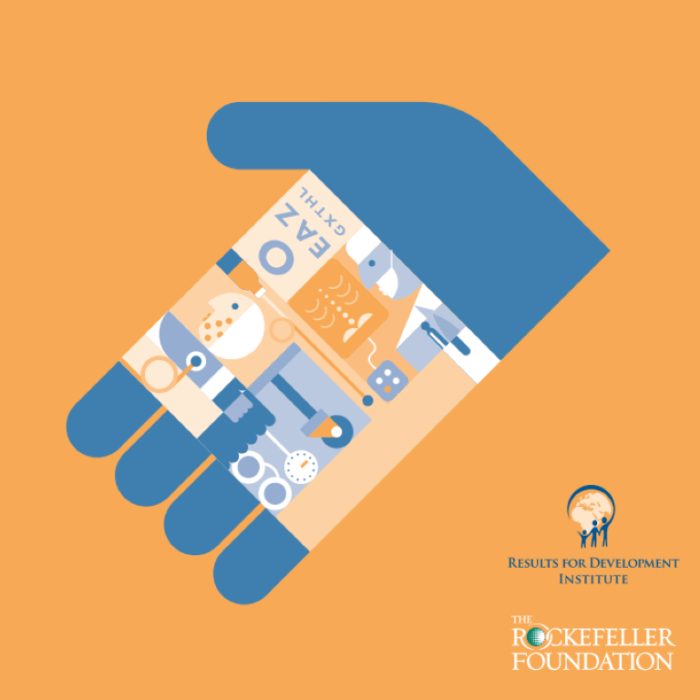Until recently, global health has focused on disease- and population-specific programs while health systems have been neglected. The insufficient attention paid to the transformation of health systems and to the capacity development needed for high-performing health systems in developing countries has resulted in weakened stewardship, dysfunctional service delivery, and inequitable financing. Large swaths of people in underresourced areas have no access to health services, millions are impoverished by catastrophic personal health expenditures every year, and quality care is considered a luxury.
This situation cannot be equitably, efficiently, and sustainably improved unless health systems are addressed as a whole. For example, focusing on service delivery without developing complementary financing mechanisms will not produce improved health outcomes, just as the benefits of building health information systems will not be maximized if countries lack professional capacity for stewardship. As globalization advances, the information technology revolution and demographic, epidemiologic, and economic transitions are transforming health systems around the world in ways that are often unplanned, inefficient, and inequitable. There is a window of opportunity to promote strategies that steer this inevitable transformation toward better and more equitable health systems performance.
In response to these challenges, in January 2009 the Rockefeller Foundation launched a new initiative titled “Transforming Health Systems” (THS). This initiative builds on Rockefeller’s 2008 work in the areas of private sector health (led by R4D), eHealth, and health sector capacity-building. THS is employing a two-pronged approach to health systems transformation:
Supporting international analytics to drive a global health systems agenda.
By promoting increased attention to and strategic resources for health systems among key donors and technical agencies, THS will aim to foster more research, policies, and funding to support health systems performance in the developing world. Global-level activities include:
- Supporting cross-country analyses and building awareness of both the economic transition of health in developing countries and the drivers of differential health systems performance.
- Leading agenda-setting to promote prioritization and donor funding for greater performance and equity in health systems.
- Fostering consensus-building on health systems competencies, performance metrics, and good practices.
Engaging in countries to implement catalytic demonstrations of health systems transformation.
THS will engage at the country-level in three developing countries: Ghana, Rwanda and Vietnam. Country-level work will have as a focus the following distinct entry points to health systems transformation, addressing each country’s specific needs:
- Enhancing country health systems capabilities at the ministerial, professional, and institutional levels to support health systems stewardship and improve target countries’ capacity to collect, analyze, and use health systems data to plan and manage high performing comprehensive health systems.
- Leveraging eHealth (the use of information and communication technology in health) by promoting the capacity and implementation of interoperable eHealth systems to facilitate access, affordability, and quality of health services, and to promote stewardship for eHealth systems among country leaders.
- Harnessing the private sector by supporting awareness of the extent and neglect of this important component of health systems, developing models that leverage formal and informal private sector innovation in the financing and provision of health services for the poor, and by identifying and assisting the most promising organizations and models, either directly or by enabling increased technical assistance and funding flows.
R4D is the Rockefeller Foundation’s core implementing partner in the Transforming Health Systems initiative, supporting the Foundation with the design and implementation of THS’ global- and country-level activities.















